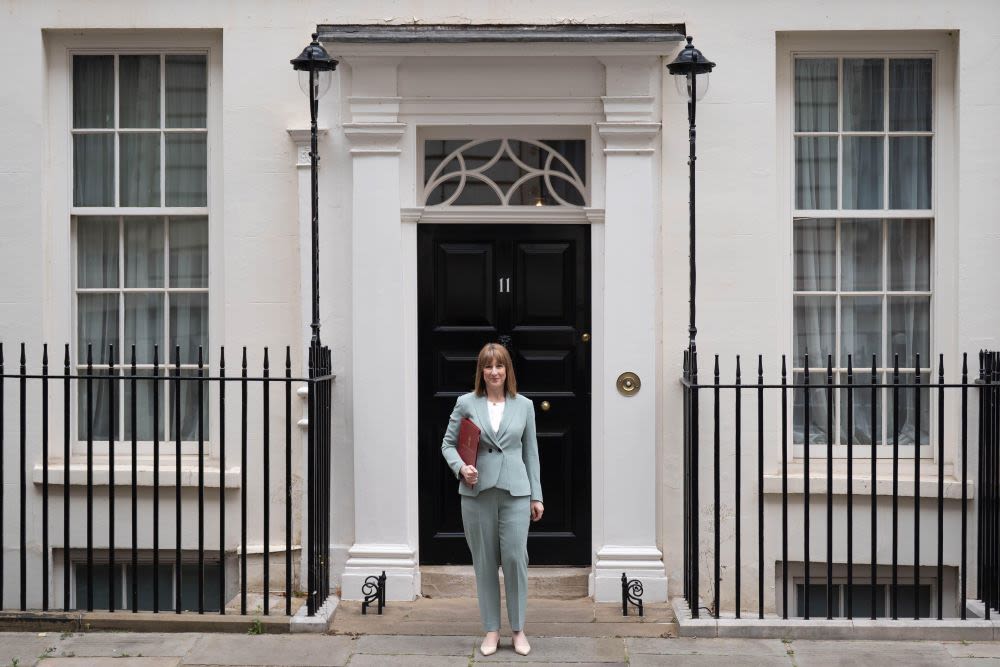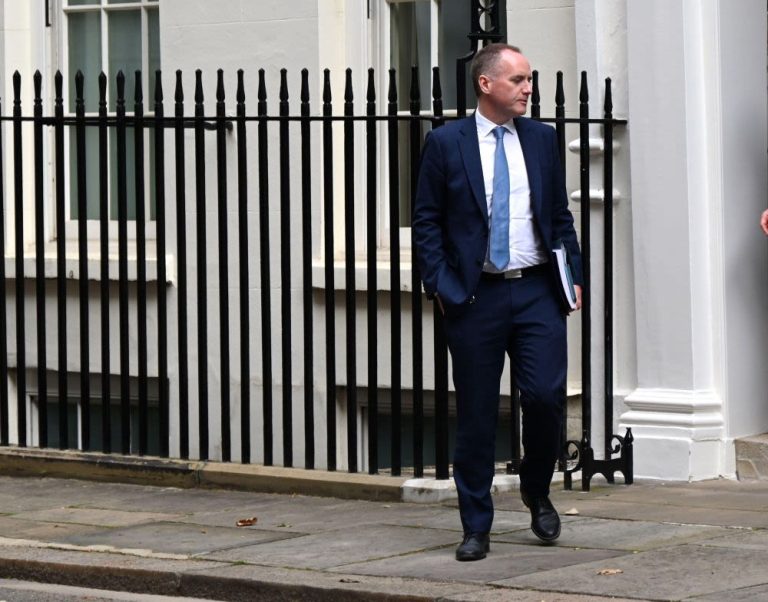
Chancellor Rachel Reeves delivered her long-awaited Spending Review on Wednesday, setting out Labour’s budgetary priorities in a speech widely seen as a blueprint for the next Parliament. With multiple sectors vying for attention, the headline figures include a significant boost to the NHS, a £39 billion affordable homes programme, a plan to phase out asylum hotels and fresh investment in defence, policing and green energy. Here is a breakdown of the key measures announced.
1. Phasing Out Asylum Hotels by 2029
Reeves pledged to end the use of hotels for asylum seekers “in this Parliament,” targeting 2029 for full implementation. The current reliance on hotel accommodation was described as leaving people in limbo and imposing hidden costs on local communities. To tackle the backlog and speed up the asylum process, the Chancellor earmarked additional funding to:
She estimated that ending hotel use and moving to more permanent accommodation would save the taxpayer around £1 billion per year.
2. Record £39 Billion for Social and Affordable Housing
Labour’s spending plans include the largest cash injection into social and affordable housing in 50 years. Over the next decade, the government will invest £39 billion in a new Affordable Homes Programme. Reeves highlighted that towns including Blackpool, Preston, Sheffield and Swindon have already mobilised bids to build new homes under this scheme. The Chancellor underscored the link between economic security and housing stability, stating that every working family deserves “the security of a proper home.”
3. Defence Spending Uplift
Defence received a notable uplift, with spending set to reach 2.6 percent of GDP by 2027—slightly above the 2.5 percent target previously announced. The review commits an additional £11 billion to military budgets and £600 million to bolster the UK’s security and intelligence agencies. Reeves confirmed that this funding will protect national interests and support job creation across defence supply chains in both England and Scotland.
4. Major Boost for the NHS
Health was the standout winner of the Spending Review. Day-to-day NHS funding will rise by 3 percent in real terms each year, reaffirming the party’s commitment to front-line services. Key allocations include:
Reeves described these measures as “the biggest cash injection in NHS history,” designed to put the health service on a path to renewal and modernisation.
5. Energy and Nuclear Investment
Earlier this month, the government announced a £14 billion commitment to the Sizewell C nuclear power station in Suffolk. At Wednesday’s review, Reeves said the plant will generate enough electricity for six million homes and support over 10 000 jobs, including 1 500 apprenticeships. She also detailed a £13.2 billion allocation for the Warm Homes Plan to reduce energy bills, alongside £8.3 billion for Great British Energy to expand offshore wind supply chains.
6. Policing and Prisons Funding
Police forces will see a 2.3 percent increase in spending power each year for the next three years, equating to over £2 billion. This seeks to support the government’s pledge to deliver 13 000 additional neighbourhood police officers in England and Wales. Meanwhile, the justice system will receive £7 billion to create 14 000 new prison places and a further £700 million annually for probation and reform services.
7. Education and Skills
Schools will benefit from an extra £4.5 billion per year, including funding to extend free school meals to an additional 500 000 pupils. The review also provides £370 million for school-based nurseries, £555 million in transformation funding and £2.3 billion annually to improve crumbling classroom infrastructure. To address skills shortages, Reeves announced £1.2 billion per year to support over one million young people into training and apprenticeships.
8. Transport Investment
Recognising the importance of connectivity, the review allocated £15 billion to city and regional transport projects. Key initiatives include:
The Chancellor also confirmed the extension of the £3 bus fare cap to 2027 and welcomed a four-year funding settlement for Transport for London, while acknowledging calls for further tube expansions.
9. Research, Development and AI
Research and development investment will climb by £22 billion per year, underscoring Labour’s science and innovation agenda. A dedicated £2 billion will back the government’s AI Action Plan, demonstrating a commitment to future-proofing the UK’s tech leadership.
Overall, the Spending Review sets out an ambitious agenda to balance rebuilding public services with strategic investment in growth sectors. By prioritising housing, health, defence and green energy, Chancellor Reeves aims to deliver on Labour’s vision of a secure, sustainable and fair economy.





